If you’re looking for a more sustainable and cost-effective solution to managing human waste, installing a bio digester may be the way to go.
Bio digesters are a great alternative to traditional septic tanks, as they use natural bacteria to break down waste and convert it into harmless organic matter.
In this article, we’ll explore the benefits of installing a bio digester and why it’s a smart choice for managing human waste.
Table of Contents
Introduction
What is a Bio Digester?
A bio digester is a natural, eco-friendly solution for managing human waste. It is a tank that uses natural bacteria to break down and decompose solid and liquid waste.
The end result is safe, odorless, and clear water. Bio digesters are commonly used in developing countries as an alternative to traditional septic tanks, as they are more cost-effective and sustainable.
Environmental Benefits
Installing a Bio Digester has several benefits. Some of them are:
Reduction of Water Pollution
Bio digesters are an excellent solution for reducing water pollution. Unlike traditional septic tanks, which require periodic pumping and disposal of waste, bio digesters use natural bacteria to break down and decompose waste. This process produces clear water that can be safely released into the environment without polluting the surrounding water sources.
Reduction of Soil Pollution
In addition to reducing water pollution, bio digesters also help to reduce soil pollution. Traditional septic tanks can cause soil pollution, as the waste that is pumped out of the tank contains harmful chemicals and bacteria. Bio digesters, on the other hand, break down waste naturally, leaving behind harmless organic matter that can be used as fertilizer.
Reduction of Greenhouse Gases
Bio digesters also help to reduce greenhouse gas emissions. As waste decomposes in traditional septic tanks, it produces methane, a harmful greenhouse gas that contributes to global warming. Bio digesters, on the other hand, use natural bacteria to break down waste, which produces significantly less methane.
Health Benefits
Reduced Risk of Waterborne Diseases
Installing a bio digester can also reduce the risk of waterborne diseases. Traditional septic tanks can leak harmful chemicals and bacteria into the surrounding environment, which can contaminate water sources and spread disease. Bio digesters, on the other hand, use natural bacteria to break down waste, leaving behind clear and safe water.
Improved Indoor Air Quality:
Bio Digester have no bad odour. The bacteria consume all organic waste in the bio digester. This ensures no biological waste decaying in the bio digester. Traditional pit latrines and septic tanks are known to emit bad odour. This make the area and the environment unplesanat to be around.
-
BioDigester 3M³
Rated 5.00 out of 5KSh 230,000 Order Via WhatsApp -
Sale!
BioDigester 4M³
Rated 5.00 out of 5KSh 280,000Original price was: KSh 280,000.KSh 260,000Current price is: KSh 260,000. Order Via WhatsApp -
Sale!
BioDigester 2M³
KSh 160,000Original price was: KSh 160,000.KSh 130,000Current price is: KSh 130,000. Order Via WhatsApp -
Sale!
BioDigester 1M³
Rated 5.00 out of 5KSh 85,000Original price was: KSh 85,000.KSh 65,000Current price is: KSh 65,000. Order Via WhatsApp
Cost Benefits
Installation and Maintenance
Bio Digester Installation
Installing a bio digester requires specialized knowledge and equipment. It is important to work with a professional who has experience in designing and installing bio digesters. A qualified installer can assess your needs and design a system that is tailored to your specific requirements.
Bio Digester Maintenance
Bio digesters require regular maintenance to ensure that they continue to function properly. This includes checking the system for leaks or other issues, monitoring the bacteria levels, and ensuring that the system is properly balanced. Regular maintenance can help to prevent costly repairs and extend the lifespan of the system.
Bio Digester Bacteria
The bacteria that are used in bio digesters are a critical component of the system. These bacteria break down waste and convert it into harmless organic matter. It is important to maintain the proper balance of bacteria in the system, as an imbalance can lead to problems with the system’s performance.
Bio Digester Kenya
In Kenya, bio digesters have become increasingly popular as a sustainable and cost-effective solution for managing human waste. Many homeowners are choosing to install bio digesters instead of traditional septic tanks, as they offer a number of benefits, including reduced water and soil pollution, lower maintenance requirements, and long-term cost savings.
Conclusion
If you’re looking for a more sustainable and cost-effective solution for managing human waste, installing a bio digester is a smart choice. Bio digesters offer a range of benefits, including reduced water and soil pollution, lower maintenance requirements, long-term cost savings, and improved health outcomes. By working with a qualified installer and maintaining your system properly,
Frequently Asked Questions
- How does a Bio Digester work? A bio digester uses natural bacteria to break down and decompose solid and liquid waste. The end result is safe, odorless, and clear water that can be used for irrigation or released back into the environment.
- How long does a Bio Digester last? With proper maintenance, a bio digester can last for up to 30 years or more.
- What types of waste can be processed in a Bio Digester? Bio digesters can process a wide range of waste, including human waste, animal waste, and organic food waste.
- Do Bio Digesters require electricity? Bio digesters do not require electricity to function. They use natural bacteria to break down waste, which produces gas that can be used to generate electricity if desired.
- How much does it cost to install a Bio Digester? The cost of installing a bio digester depends on a number of factors, including the size of the system, the location, and the complexity of the installation. It is important to work with a qualified installer who can provide an accurate estimate based on your specific needs.
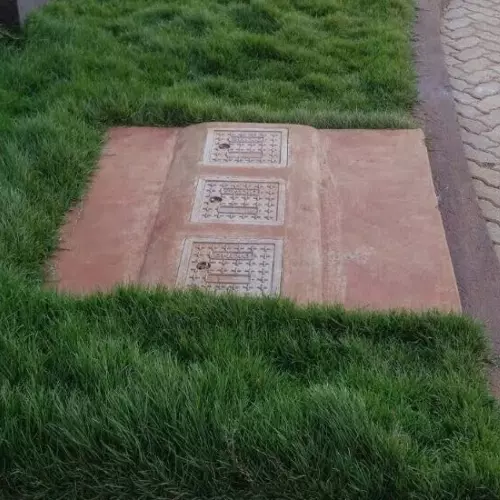
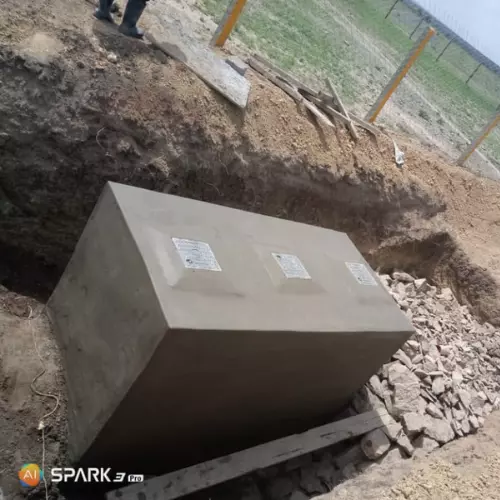
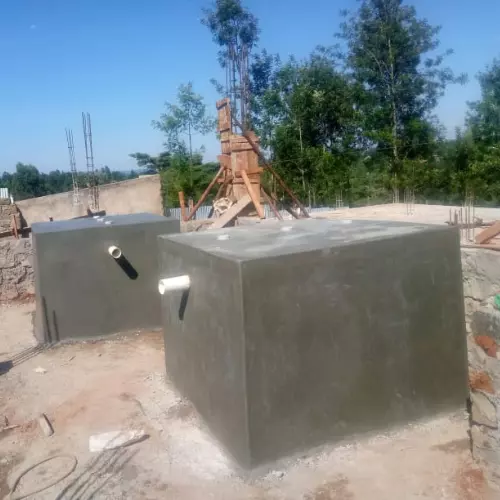
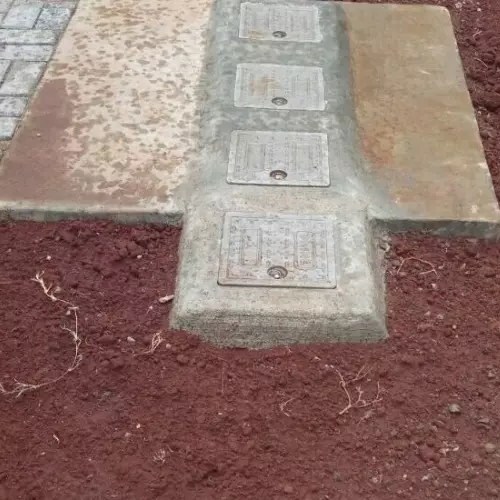

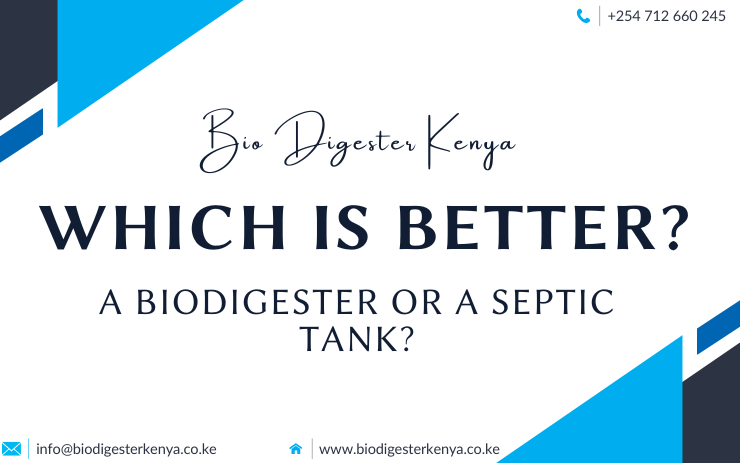
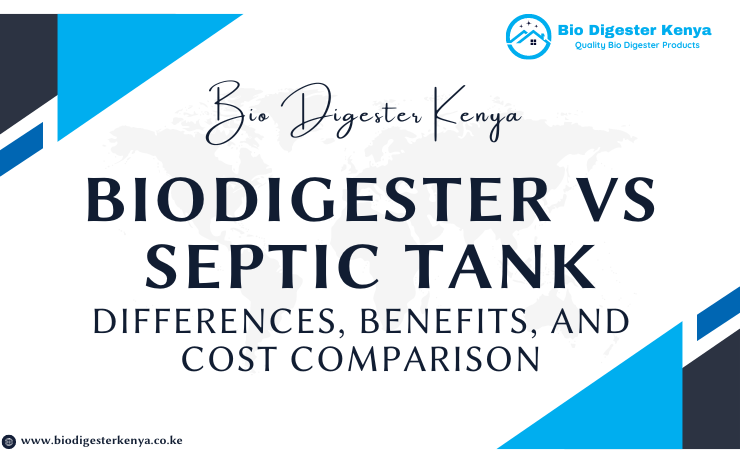
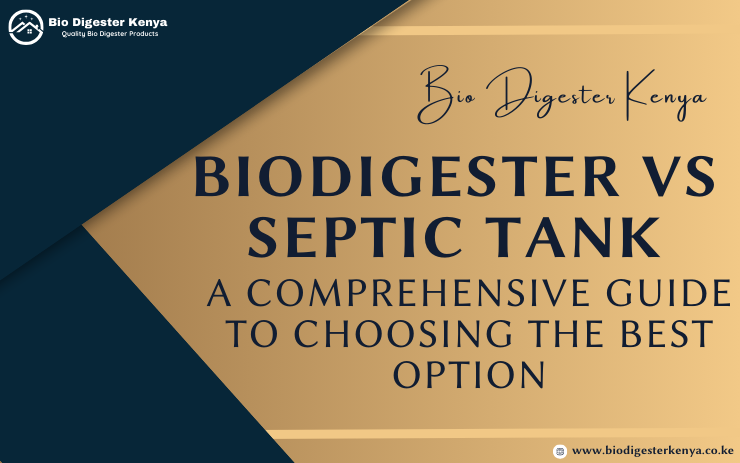
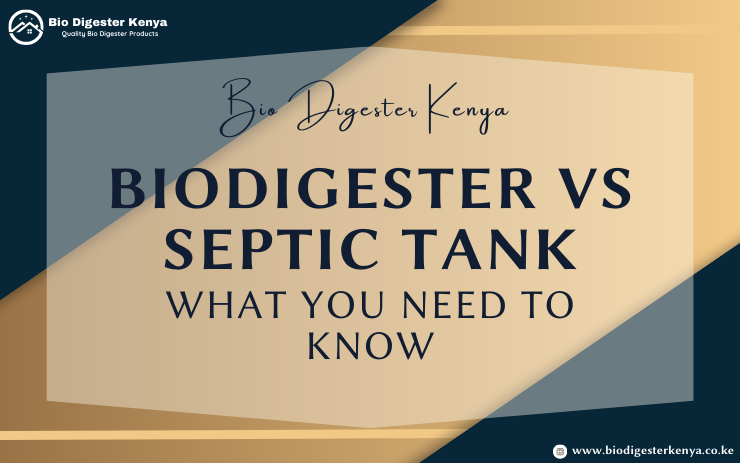
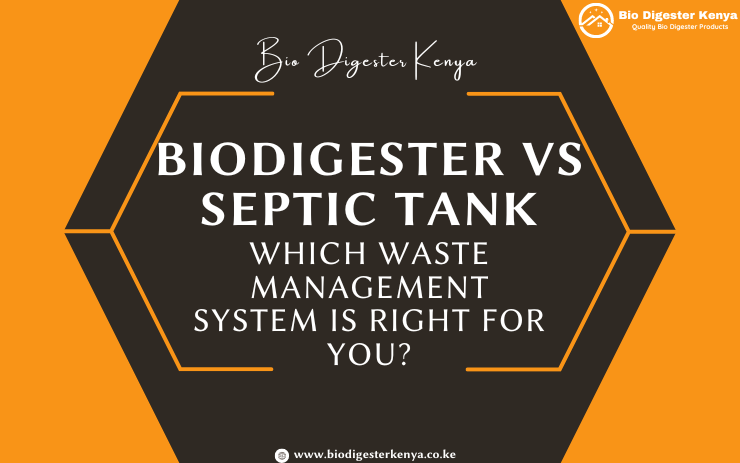


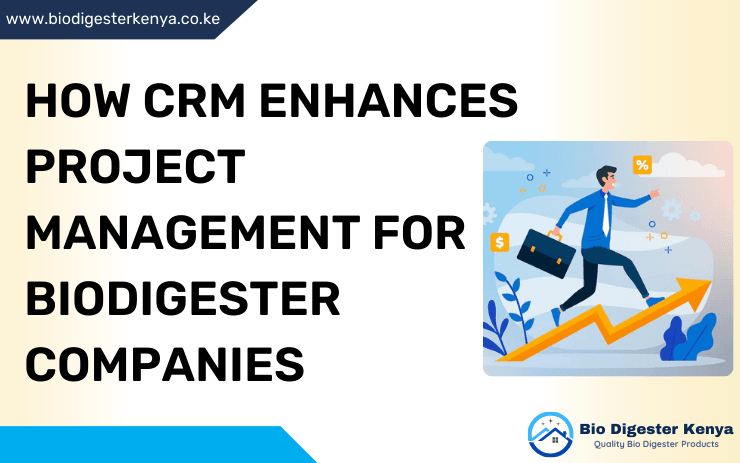


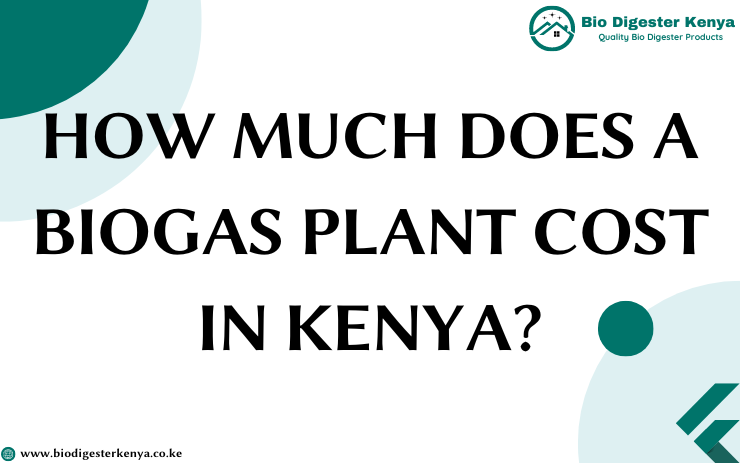
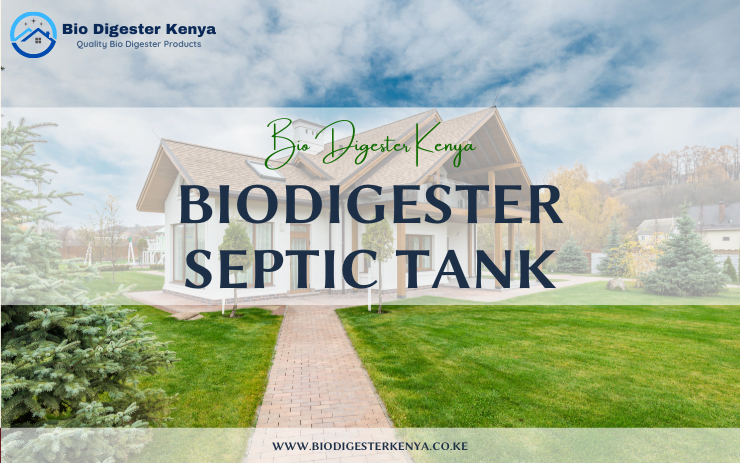


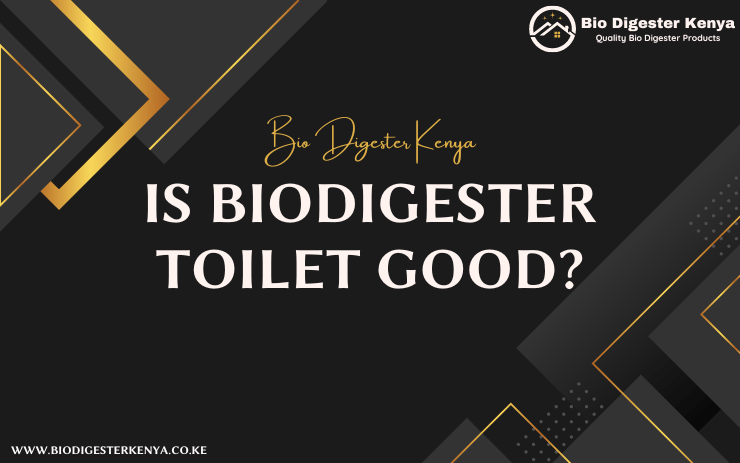

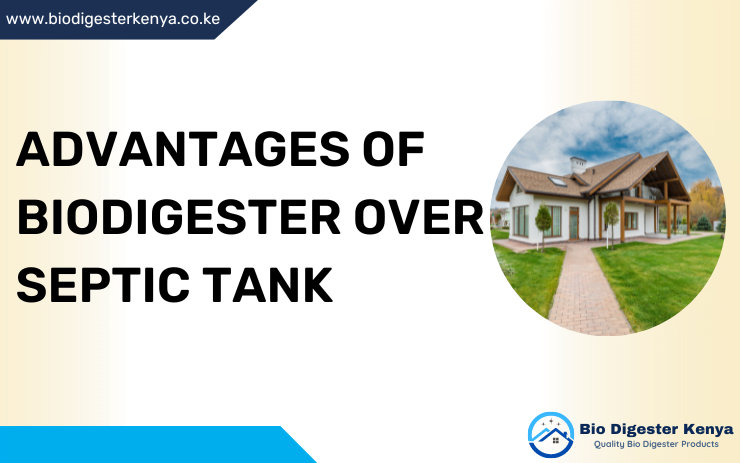
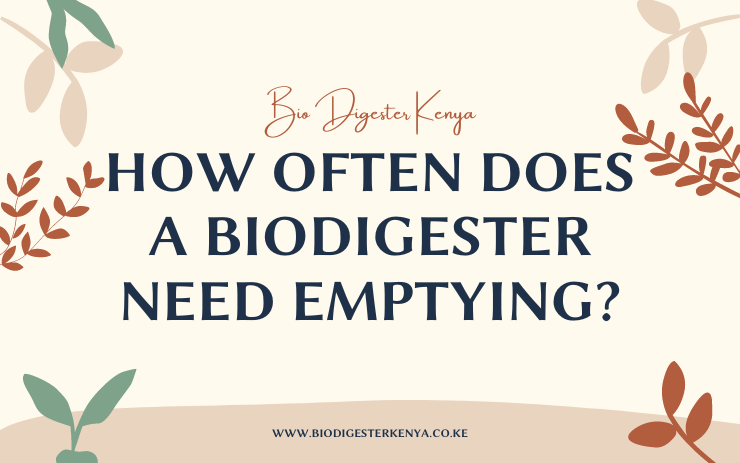
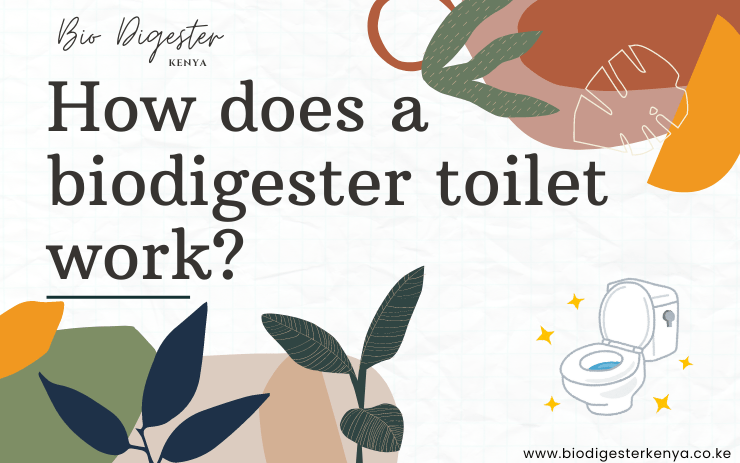

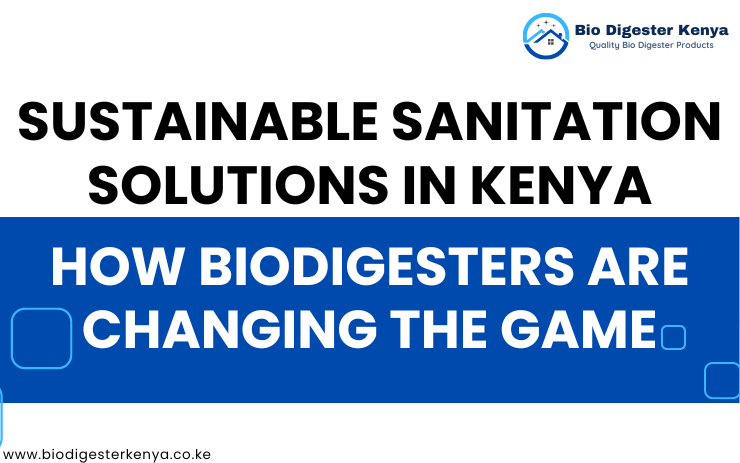

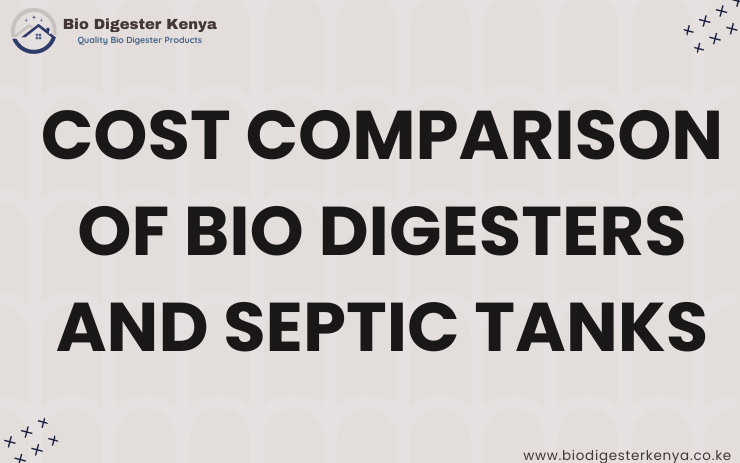


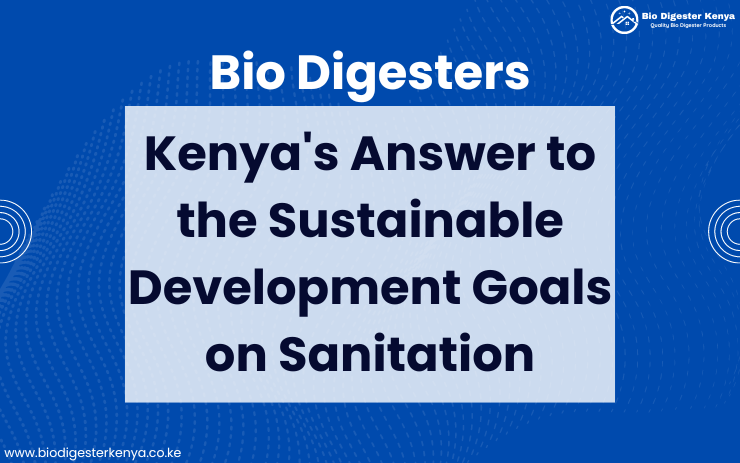
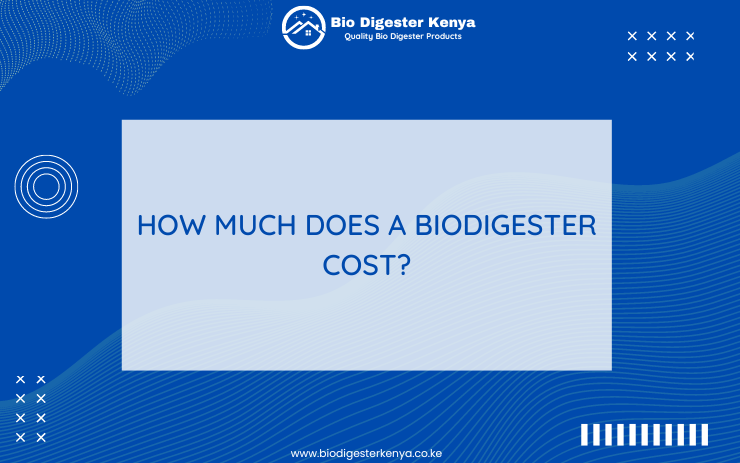



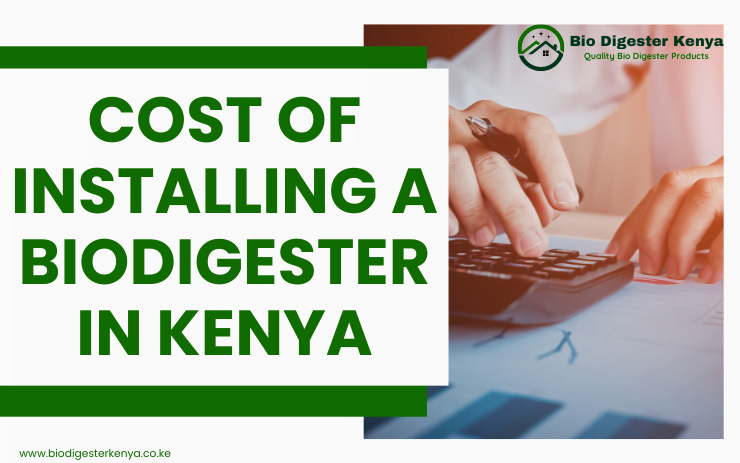

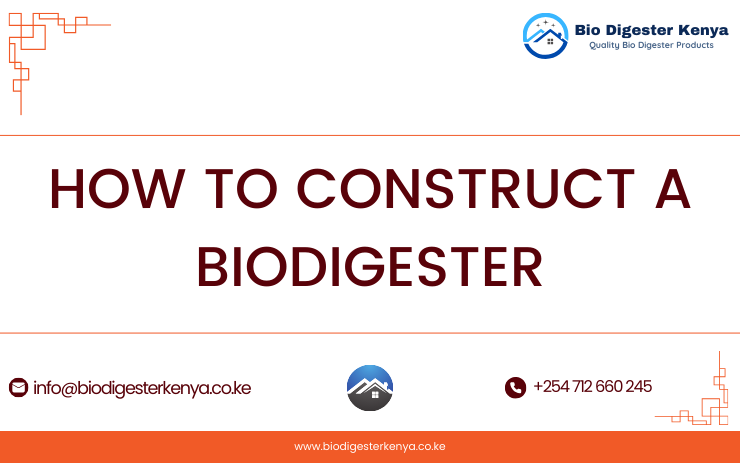
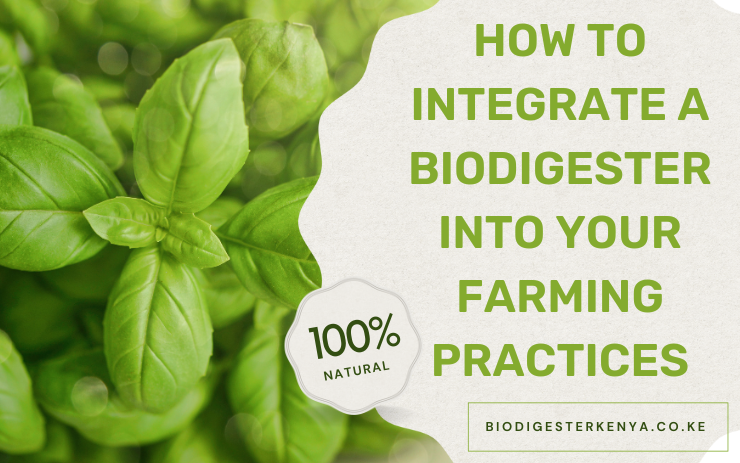
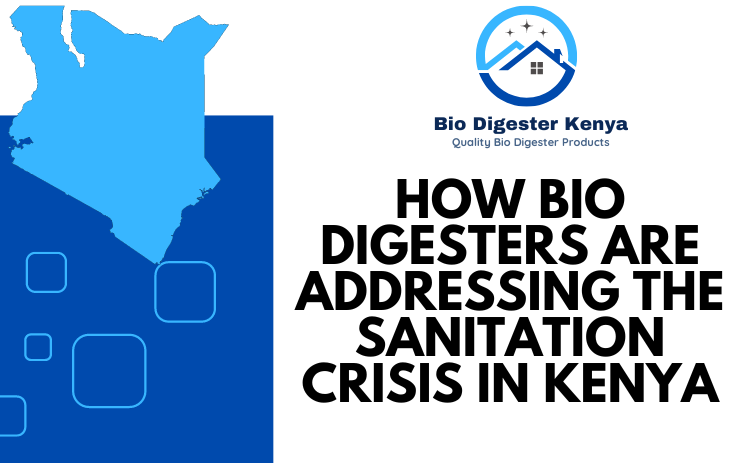
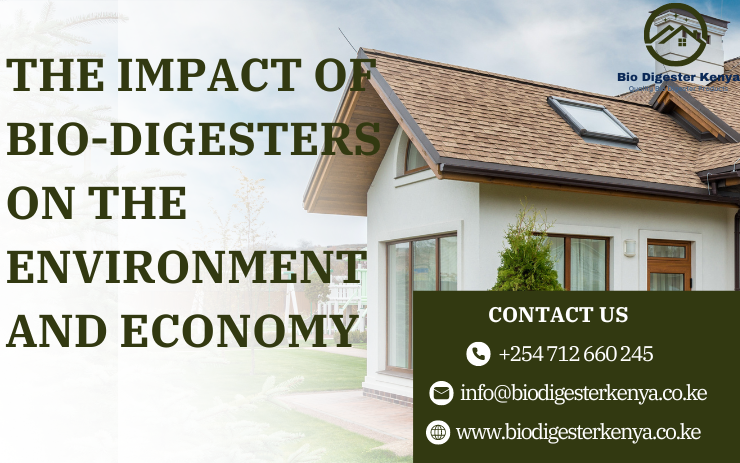








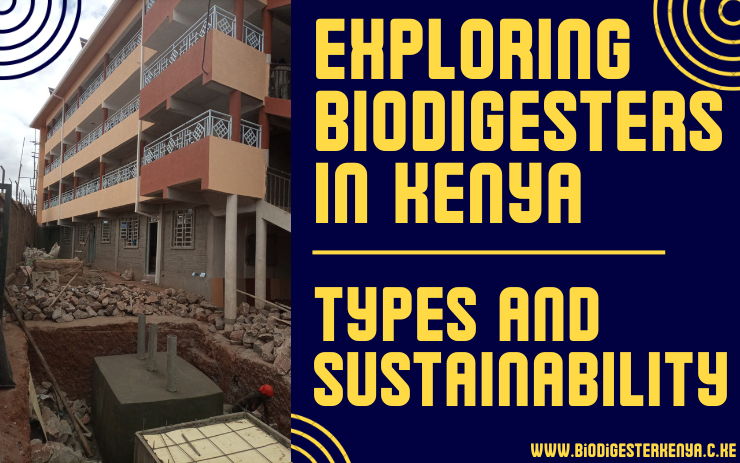
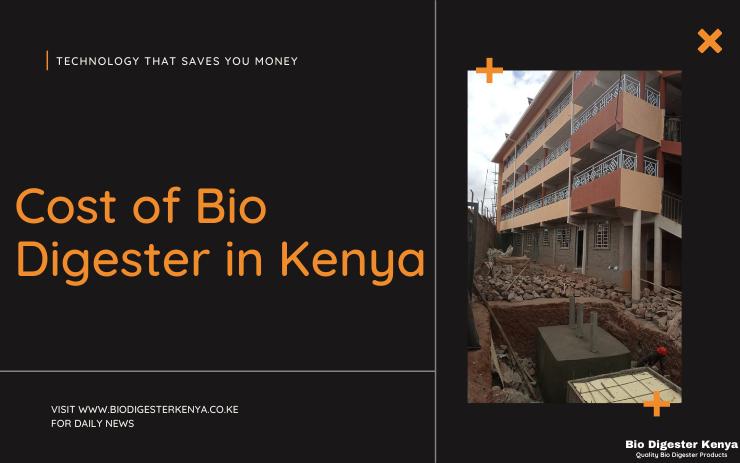





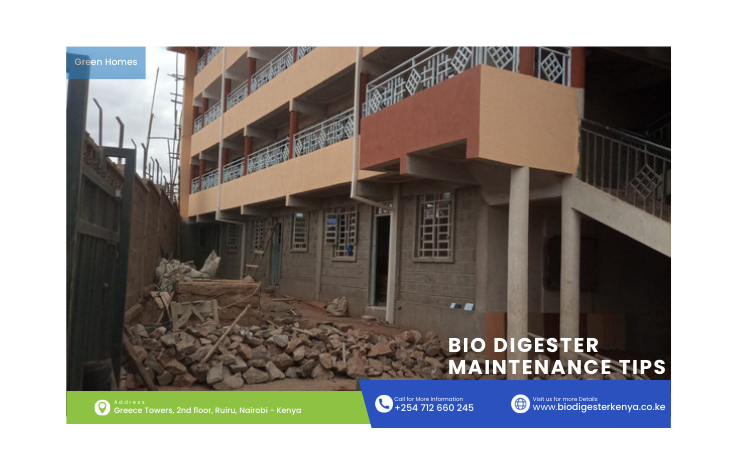
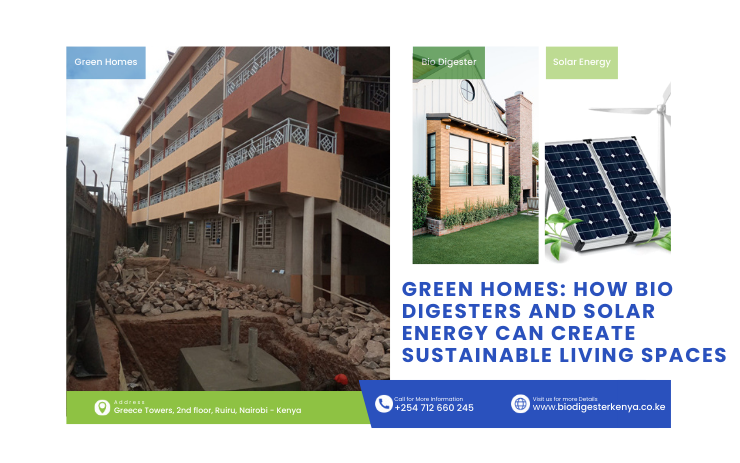


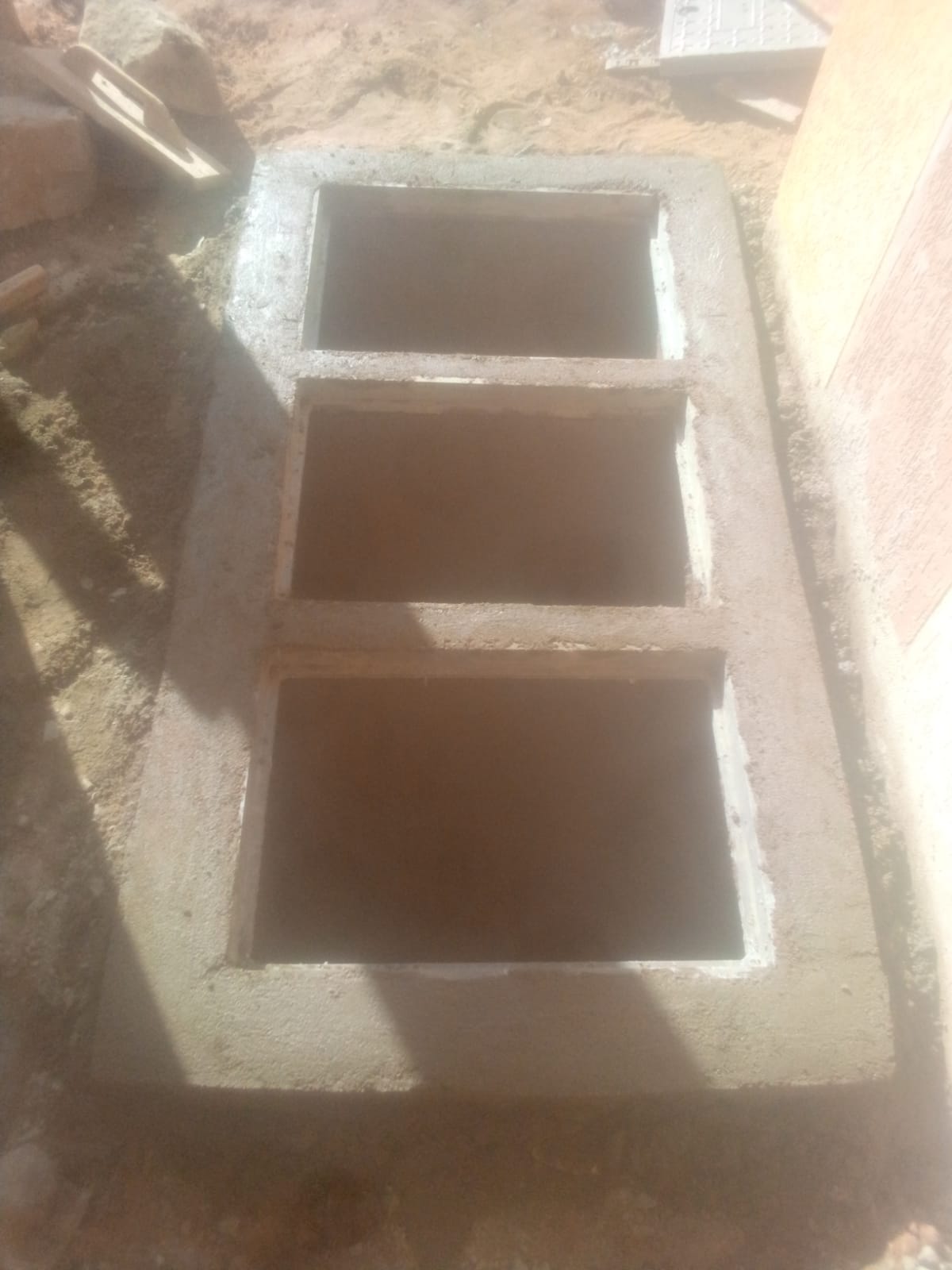

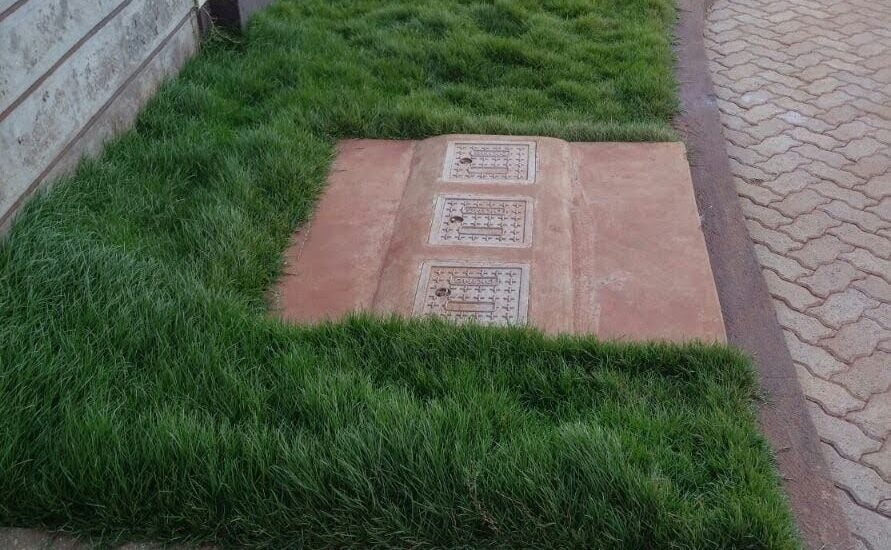

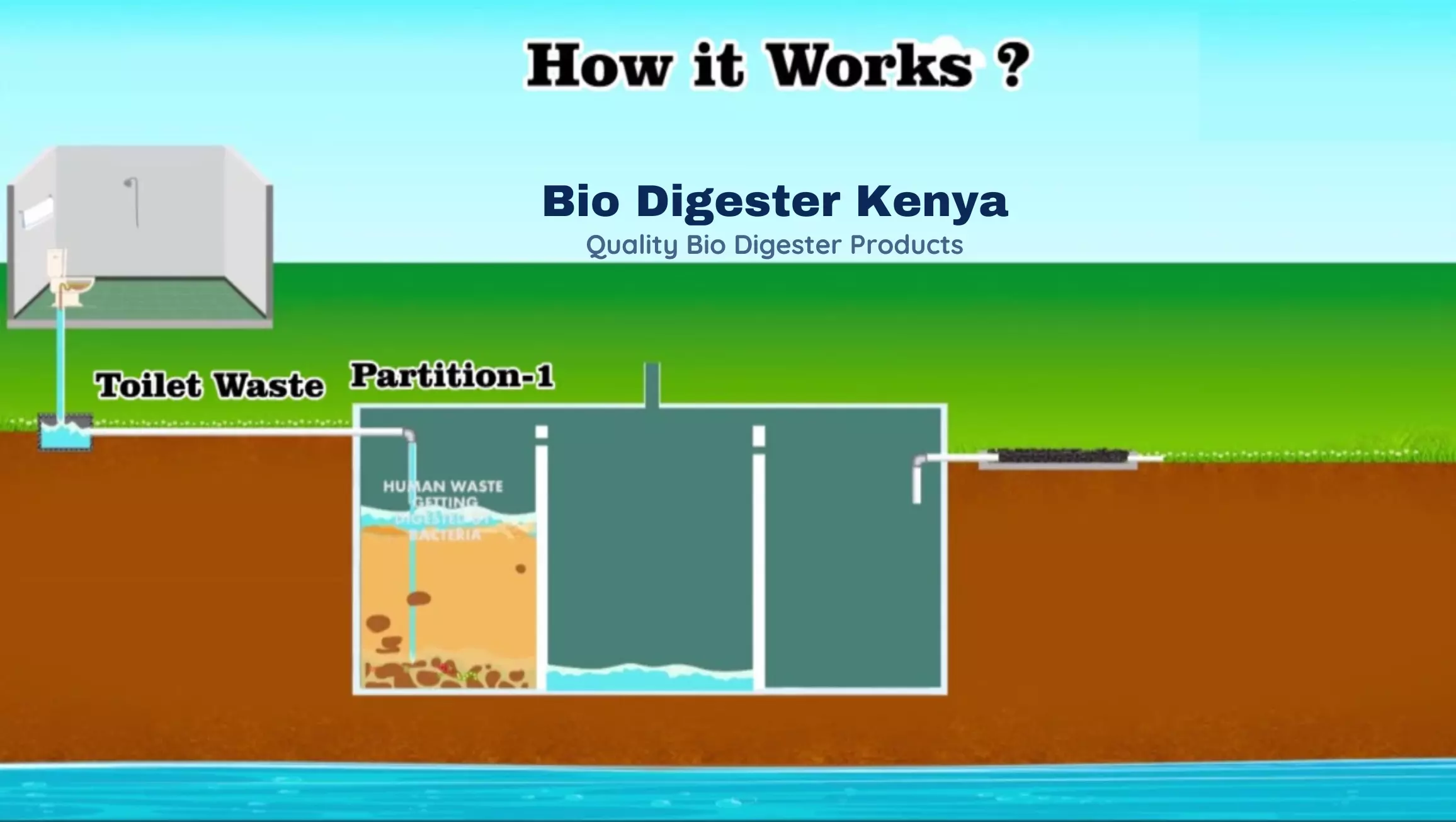

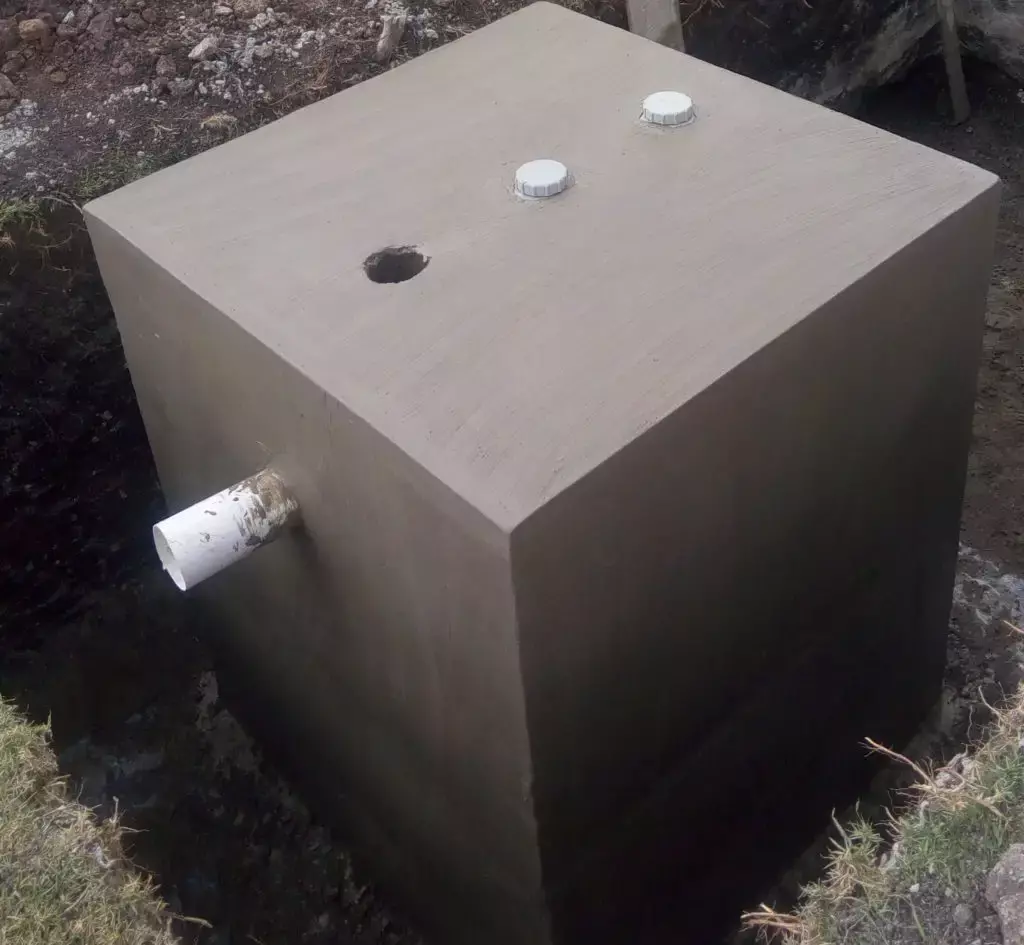
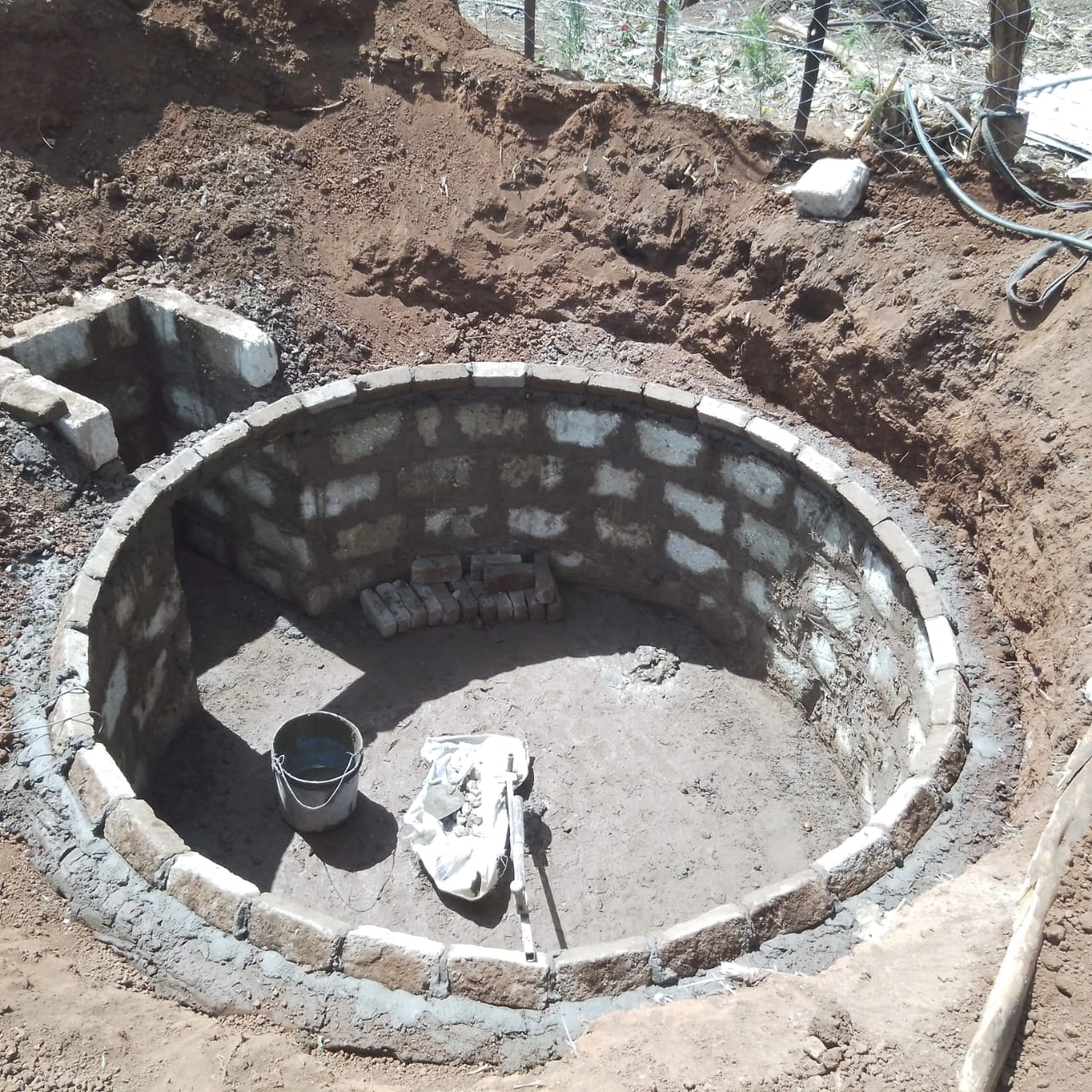
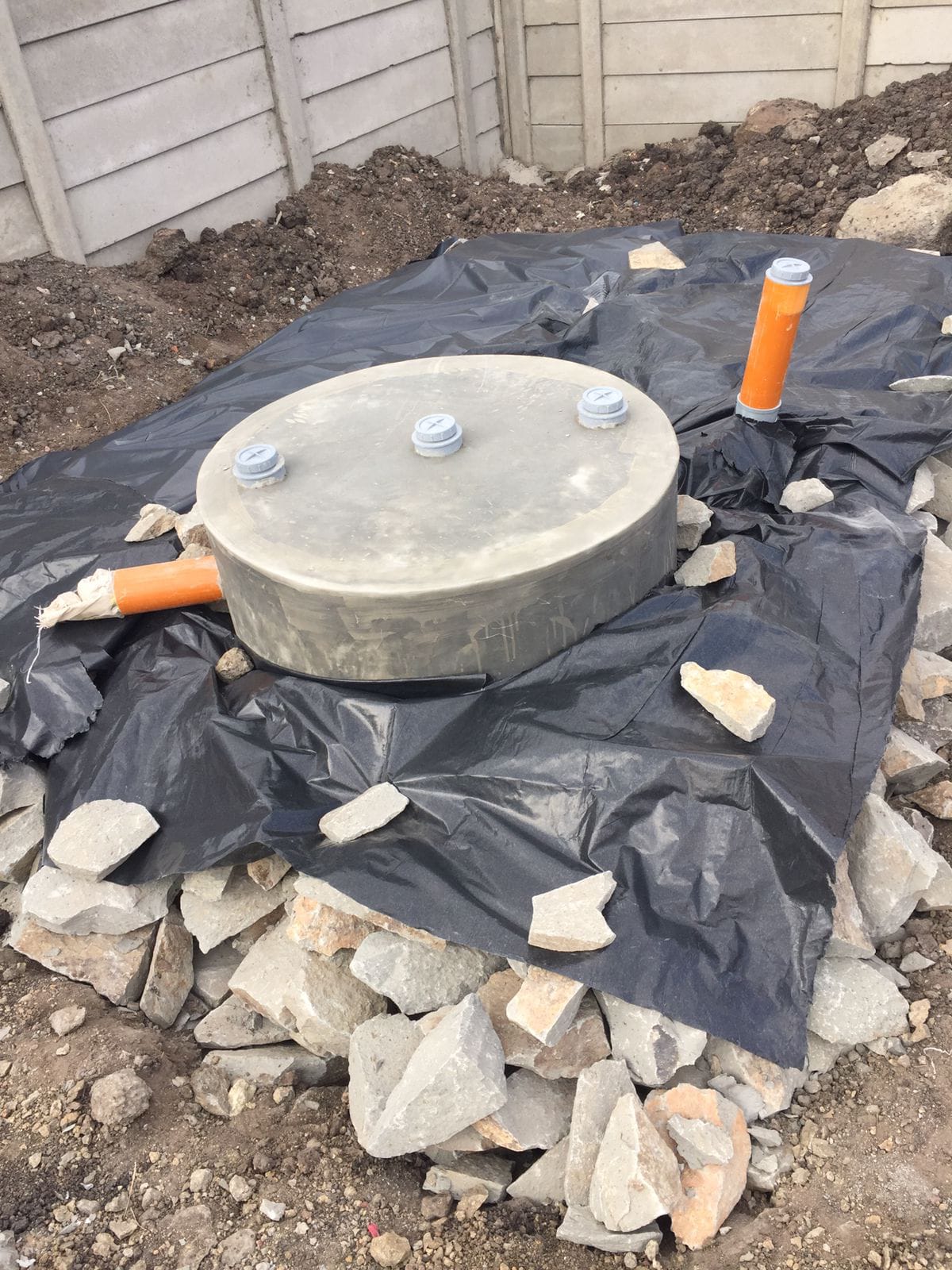
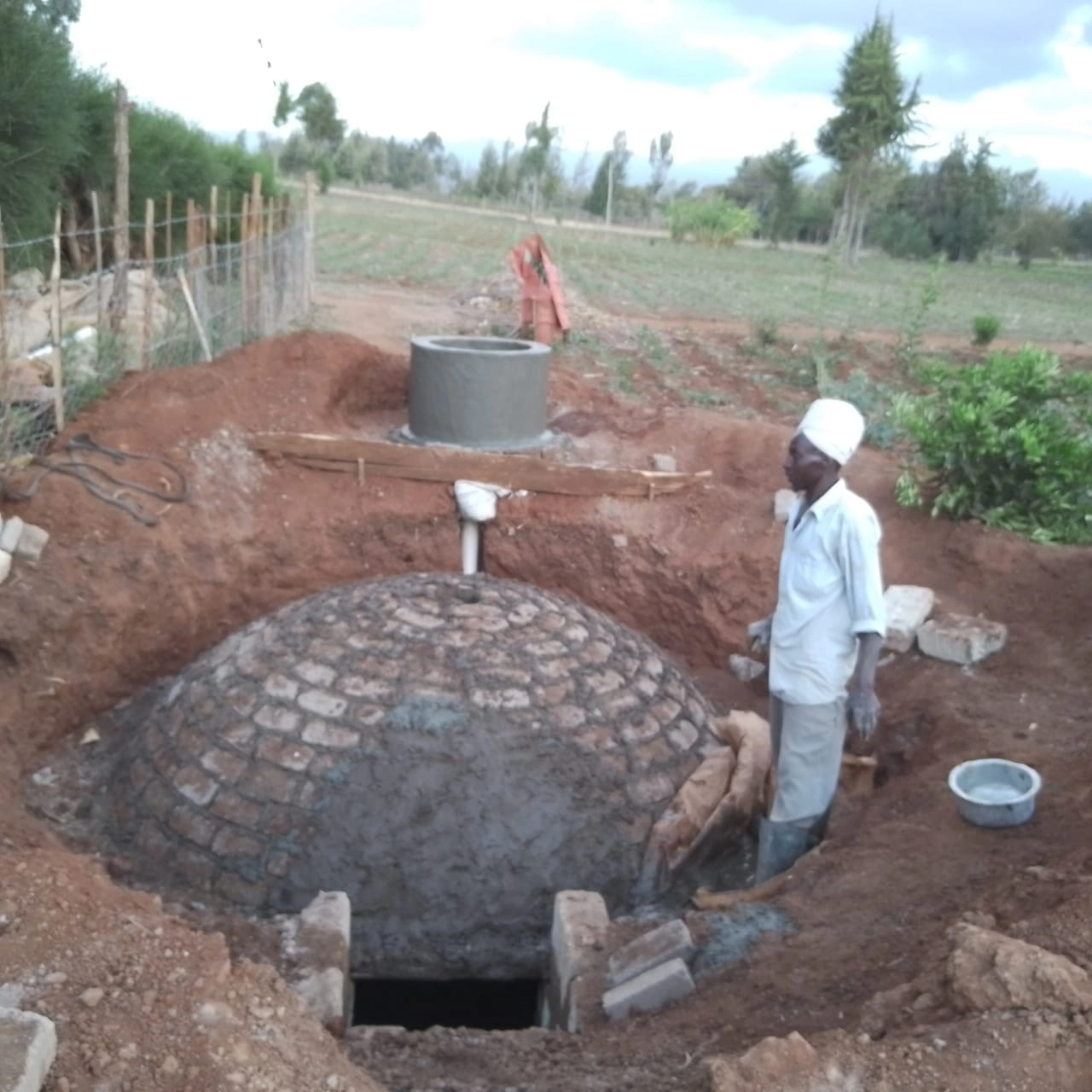
King Com
February 29, 2024 at 8:49 pmWow, incredible weblog structure! How lengthy have you been running
a blog for? you make blogging look easy.
L. Hamilton
June 7, 2024 at 1:56 pmGreat write-up, I’m normal visitor of one’s website, maintain up the excellent operate, and It is going to be a regular visitor for a lengthy time.